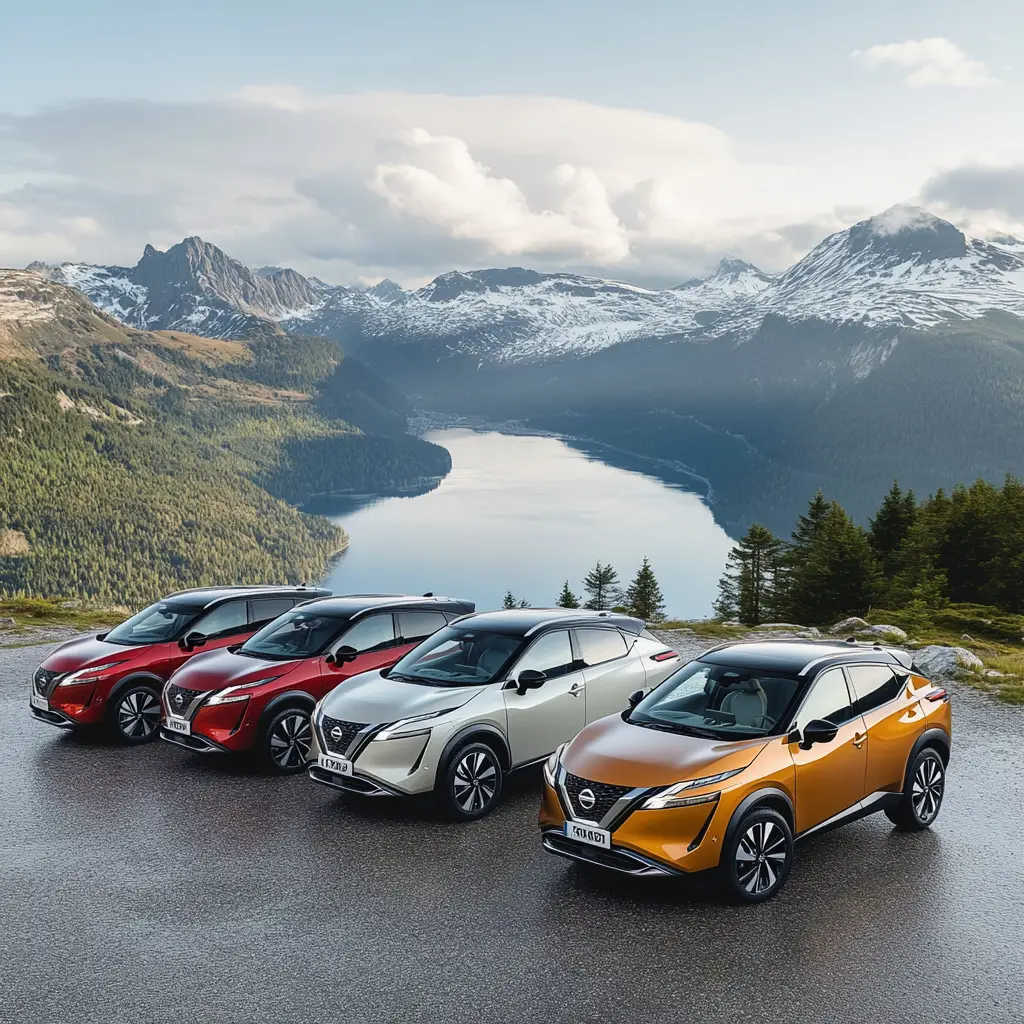Nissan has been a significant player in the UK’s automotive industry for over four decades, with a substantial impact on both employment and manufacturing output. However, recent reports indicate that Nissan plans to cut around 9,000 jobs globally, which may lead to significant losses in the UK. This article explores the history of Nissan in the UK, from its establishment to its major successes, as well as its current challenges in the face of an evolving automotive market.
Nissan’s Entry into the UK Market
Nissan, originally a Japanese car manufacturer, made its entry into the UK market in the 1970s. By the early 1980s, the company saw a promising opportunity in the UK as a gateway to the European market. In 1984, Nissan established its first manufacturing plant in Sunderland, a move that marked a milestone as the first Japanese car manufacturer to set up a large-scale production facility in Europe. This investment was aimed at producing vehicles close to its major markets, enhancing efficiency, and reducing import costs.
The Sunderland Plant
The Sunderland plant quickly became the centerpiece of Nissan’s operations in Europe. It officially opened in 1986 and, over the years, grew to be one of the UK’s largest car manufacturing sites. By the 1990s, the plant was producing models like the Nissan Micra and later the Nissan Qashqai, both of which enjoyed considerable success. Sunderland’s high production standards made it a key asset for Nissan, contributing significantly to the UK’s car exports and supporting the local economy.
Nissan’s Contribution to the UK Economy
Nissan’s presence in the UK has had a substantial impact on the economy. The Sunderland plant alone has provided thousands of jobs and supported various supply chains across the UK. At its peak, the facility employed over 6,000 people directly, with additional jobs created through Nissan’s extensive network of suppliers, logistics providers, and local businesses. The company has consistently been one of the UK’s largest car exporters, with the Sunderland plant exporting a large percentage of its output to European markets.
Innovation and the Launch of Electric Vehicles
Nissan has also been a leader in introducing environmentally friendly vehicles to the UK. In 2013, Sunderland began producing the Nissan Leaf, one of the world’s best-selling electric vehicles (EVs). This move demonstrated Nissan’s commitment to innovation and environmental sustainability and played a significant role in advancing EV adoption in the UK. The success of the Leaf helped put the UK on the map as a hub for electric vehicle manufacturing.
Challenges and Recent Developments
Despite its successes, Nissan has faced several challenges in recent years. A combination of Brexit-related uncertainty, shifting consumer preferences, and the COVID-19 pandemic have created difficulties for the automotive industry in general. In 2023, Nissan announced plans to cut around 9,000 jobs globally, raising concerns about potential impacts on the UK’s Sunderland plant. Although specifics about the UK job cuts have not been fully disclosed, it’s expected that this restructuring could lead to significant losses in the UK workforce.
Impact of Brexit and Trade Concerns
Brexit has added a layer of complexity to Nissan’s operations in the UK. The company has expressed concerns about tariffs and supply chain disruptions affecting its ability to manufacture competitively in the UK. Although the Sunderland plant continues to operate, ongoing changes in trade relations and tariffs between the UK and the EU may impact Nissan’s decision-making regarding future investments and staffing levels in the UK.
Future of Nissan in the UK
While Nissan’s future in the UK remains uncertain, the company has reiterated its commitment to the Sunderland plant in the short term. However, with the potential job cuts and pressures facing the automotive industry, Nissan’s long-term strategy in the UK is likely to depend on a combination of market demand, trade relations, and the adoption of electric and hybrid vehicles. The next few years will be critical for determining Nissan’s continued role as a major UK automotive employer.
Related Questions
When did Nissan open its Sunderland plant?
Nissan opened its Sunderland plant in 1986, marking it as the first major Japanese car manufacturing facility in Europe.
How has Brexit affected Nissan’s operations in the UK?
Brexit has introduced uncertainties regarding trade tariffs and supply chains, which could impact Nissan’s cost-effectiveness and long-term operations in the UK.
What models are manufactured at Nissan’s Sunderland plant?
Over the years, the Sunderland plant has produced models like the Nissan Micra, Qashqai, Juke, and the all-electric Nissan Leaf.




